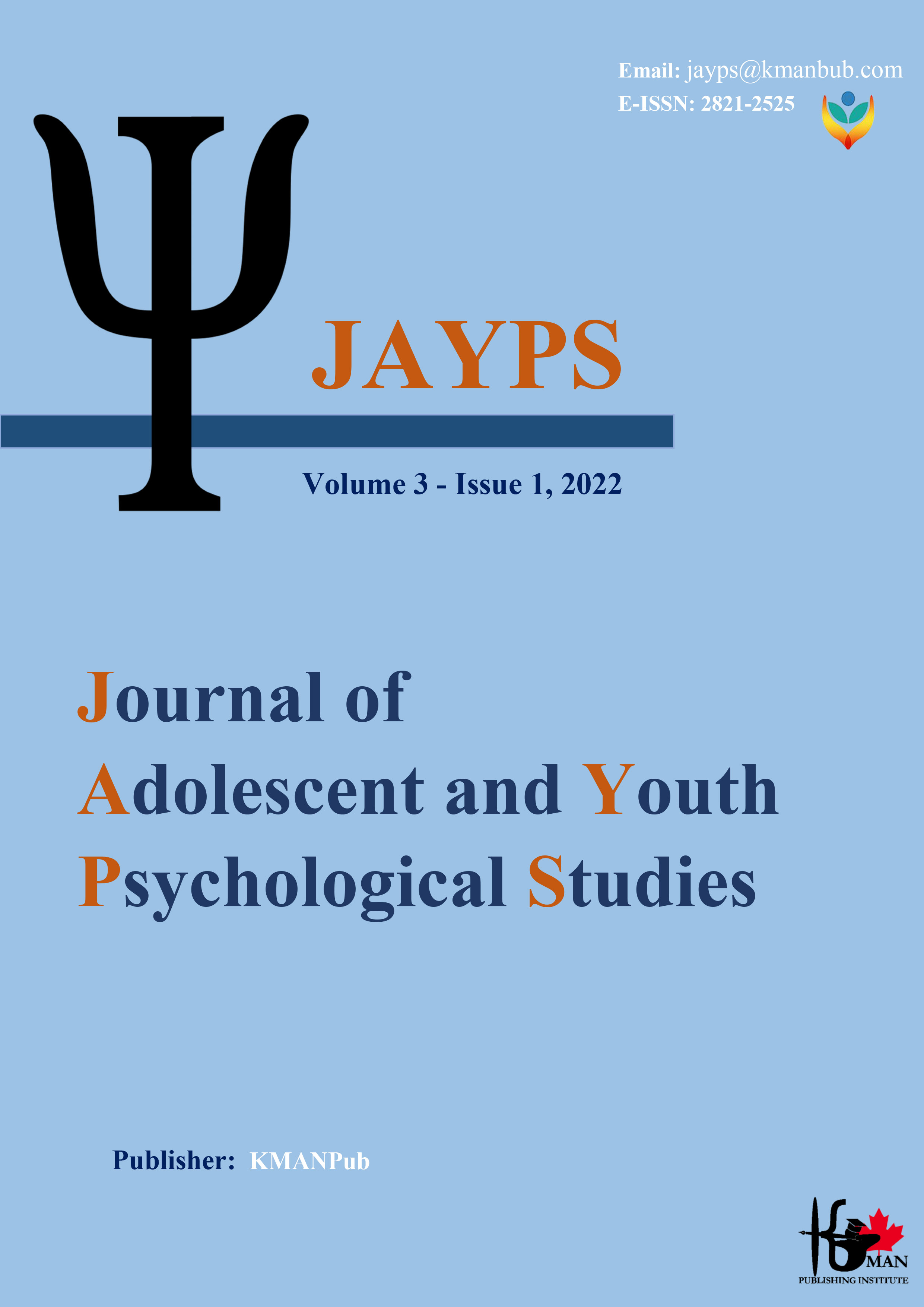Development of depression intervention software and its effectiveness on depressive symptoms
Keywords:
Intervention, Depression, Web-based Application, SoftwareAbstract
Background and purpose: Web-based treatments are expanding rapidly. The aim of the present study was to compile a web-based treatment package and evaluate its effectiveness on the severity of depression symptoms. Methods: in the first stage, based on the themes extracted around the treatment of depression, four main themes (behavioral, cognitive, emotional and communication) and eighteen secondary themes (behavior modification and adjustment, reward, behavioral activation and promotion of health and sleep quality, problem-solving skills problem, correcting ineffective schemas, reducing rumination, correcting negative beliefs, decision-making skills, reducing self-criticism, challenging cognitive errors and mindfulness skills, strengthening internal motivation, self-compassion and emotion regulation skills, empathy skills, effective communication skills and Dare skill) to develop an intervention application in depression. This 13-session application consists of 46 educational videos and their related exercises, which have been approved by experts with an agreement coefficient of 0.89. This research is of a quantitative type and to achieve the objective of the sample research, 40 people between twenty-five and forty years of age with moderate depression were randomly divided into two experimental and control groups. Results: The research results indicate the effectiveness of the researcher's software on the severity of depression symptoms (F=44.66, P<0.001). Also, the results of the follow-up after two months indicated the stability of the effectiveness of the researcher's software on the severity of depression symptoms (F=56.82, P<0.001). Besides, the evaluation indicated that the changes were not significant according to gender (F=0.57, P=0.46). Conclusion: It can be concluded that the researcher's software was effective on the severity of depression symptoms and these results were permanent until the follow-up period
Downloads
Downloads
Published
Submitted
Revised
Accepted
Issue
Section
License

This work is licensed under a Creative Commons Attribution-NonCommercial 4.0 International License.









